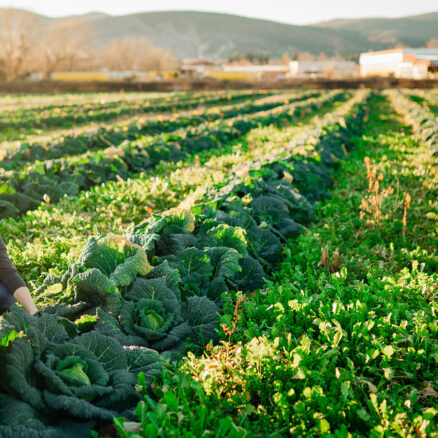Resilience is rising to the top of the food system agenda. Charlotte Bande, Global Food & Beverage Lead at Quantis, shares 3 key ideas for embedding sustainability into core strategy, integrating it across departments, and building strong partnerships across the value chain to turn strategy into impact.
1. Adaptation vs Mitigation
When companies develop sustainability strategies, the focus often lands squarely on climate mitigation. But becoming truly resilient means embedding sustainability into your core business strategy. That means going beyond climate to include nature, social systems and adaptation — to not only limit future risks, but to be prepared to withstand disruptions ahead.
2. Embed sustainability in key departments
Strategy is just the start. To take action, sustainability must show up in every part of the organization. What does procurement look like when it prioritizes lower-impact materials? How do R&D and product teams innovate with sustainability targets baked in? Each department needs to consider itself an active player in delivering on the sustainability agenda.
3. Financial and technical cooperation at all levels
No company can build a resilient food system on its own. It takes collaboration across the value chain — between peers and through deep partnerships with farmers. That means working together to share knowledge, align strategies and provide the financial and technical support needed on the ground. Many companies are already moving in the right direction. But to build resilience, we need to look beyond mitigation and embrace a holistic approach rooted in partnership.
Quantis is an experienced, full-service partner for your transformational journey. Our strategic advisors are equipped to guide and support you at every point along the way.



